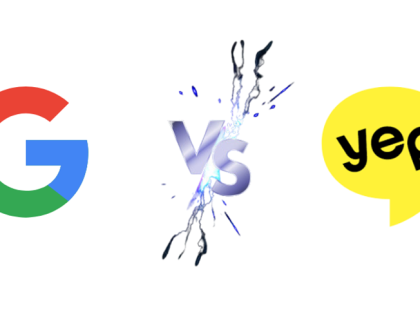Titlepocalypse Update: What You Need to Know

Google’s latest update, dubbed “Titlepocalypse,” has received mixed reviews since its rollout. The search engine giant aimed to generate titles for 20% of web pages in search results, but this new system was met with criticism from users who felt it wasn’t fully tested.
After taking user feedback into account, Google revised the update to generate HTML titles for only 13% of web pages. In addition, they provided an explanation of the system and what triggers it to rewrite a title tag.
So, what exactly leads to a title tag rewrite?
According to a Google document titled “More information on how Google generates titles for web page results,” title elements are used most of the time. Google’s new system reportedly uses the HTML title element as the title shown in search results for around 87% of the time.
However, since 2012, Google has had to use text other than title elements when the system determined that the present title failed to describe a page accurately. Pages with empty title tags, duplicate titles, and no title elements at all have all fallen into this category.
Google also listed examples of when the system went beyond the title elements. Here are some situations where going beyond the title element may be more helpful:
Pages with Half-Empty Titles
If your title tag is half-empty and only includes your site name, the system will try to make adjustments based on the header elements or any other prominent text it can find on the page.
Pages with Obsolete Titles
Obsolete titles occur when the same page is used every year but the title element fails to reflect the latest date. In this case, the system will change the title to reflect the most recent information.
Pages with Inaccurate Titles
If Google detects that a web page’s title does not accurately describe its content, it may change the title to something more accurate.
Pages with Micro-boilerplate Titles
If you use the same title for multiple pages within your site, such as those used for television shows that may have several seasons but the season numbers are omitted from the titles, the system may modify these titles to display the season numbers mentioned in the headline text.
It’s commendable that Google acknowledged their title creation system isn’t perfect and welcomes feedback from creators. To ensure your web pages rank high on search results, continue to focus on creating great title tags with a focus on target keywords. Also, don’t forget to include H1 and H2 in your page content with your target keywords. Remember, title tags are still essential for rankings, so be sure to review and follow the guidelines provided by Google on their help page for creating good titles and snippets in search results. After all, Google uses the HTML title elements to determine ranking 100% of the time!
Recommended Posts

iGaming Content Providers – Who Leads Europe?
April 11, 2024

YEP.com vs Google
March 1, 2024




